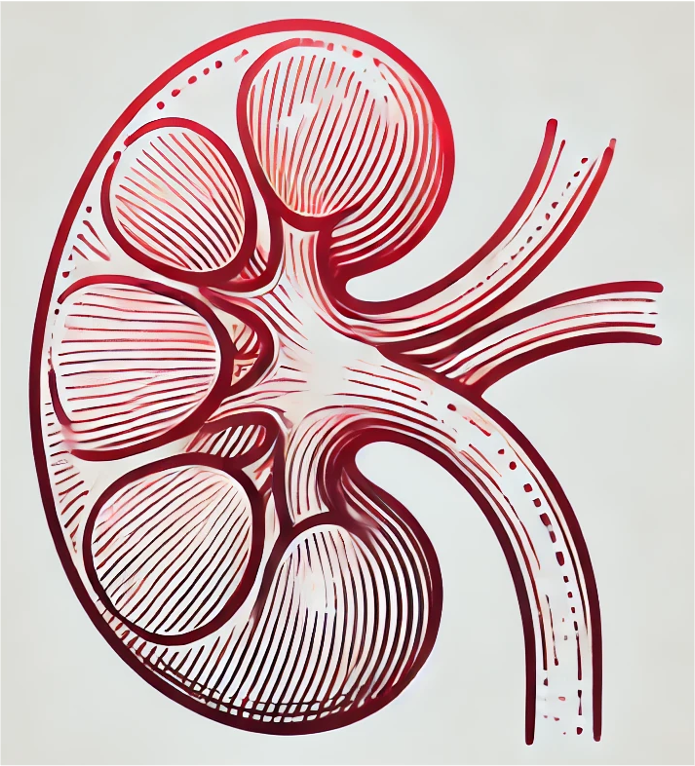Description
Hyponatremia, one of the most frequently observed electrolyte disorders in patients with chronic kidney disease (CKD), is associated with increased mortality. Lower sodium concentrations or low osmolar conditions are shown to induce cell damages via apoptosis and oxidative stress, both of accelerate vascular calcification (VC), a critical phenotype of CKD patients. It is unknown whether hyponatremia or low osmolar condition plays roles in the pathogenesis of VC.Human vascular smooth muscle cells (VSMCs) were cultured with calcifying medium, which was supplemented high calcium and phosphate. Concentrations of sodium in the culture media were further modified to determine the impacts of osmotic pressure on VC.; Microarray analysis of VSMCs revealed low osmolality activated Rac1-Akt pathway and reduced expression of NCX1, which is calcium-sodium exchanger.Lower osmolality including hyponatremic condition promotes high-phosphate-induced VC through multiple cellular processes including Rac1-Akt pathway activation.
Overall Design
Human VSMCs was incubated for 4 days in normal medium or calcifying medium(CM), and further divided into ‘Low’ sodium(Na) concentration (126 mmol/L) or ‘High’ (170 mmol/L) Na groups for a total of 4 groups. mRNA expression of each groups was analyzed by microarray.
Curator
yq_pan
